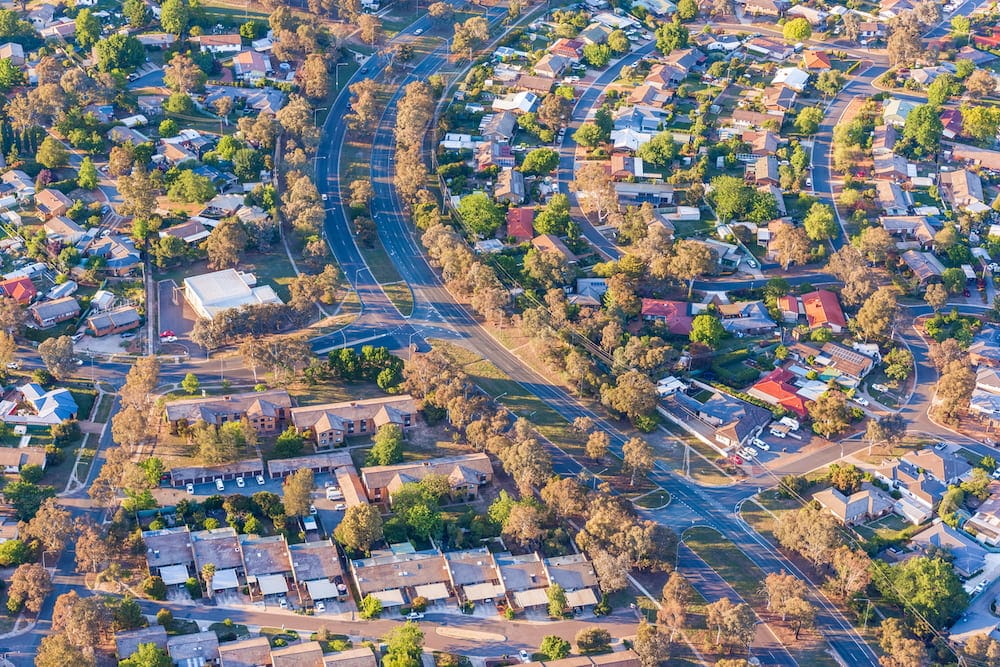A large proportion of Australian rental properties are in such poor condition that they are putting residents’ health and wellbeing at risk, according to new research from the University of South Australia.
Weak regulation of housing standards and under-investment in public housing services are fuelling the problem, with substandard living conditions affecting people’s physical and mental health.
Properties with poor heating and cooling, together with damp and mouldy conditions, are of particular concern.
UniSA housing researchers are now calling for institutional shifts to reprioritise healthy housing standards and address quality issues in rental and social housing in Australia.
The research reviewed rental housing standards, housing and health policy in Australia, New Zealand and the UK, finding that while international regulations exist, there is no comparable Australian instrument to ensure the quality and condition of ‘second-hand’ homes.
UniSA Enterprise Fellow and Associate Professor in Architecture, Dr Lyrian Daniel, says that while new and renovated houses in Australia must have a seven-star energy efficiency rating, existing housing stock remains among the least energy efficient of all homes in Australia.
“People who are renting a home have a right to expect that their housing is fit for living. But when we are continually seeing reports of mould, disrepair, and other awful conditions, we know that something is wrong,” she says.
“Internationally, other countries are a step ahead of us in putting better protections in place”.
In the UK, all rented houses must be fit for human habitation under the Homes Act 2018, and in New Zealand the Healthy Homes Guarantee Act 2017 requires all rental properties to meet the Healthy Homes Standard.
“The evidence shows that formalised standards reduce substandard housing conditions,” Dr Daniel says.
“Australia has no such legislation. This leaves many people with no option but to endure poor living conditions such as houses that are cold, damp, or mouldy.”
A recent article published by The Conversation and co-authored by Dr Daniel shows four out of five Australian homes fail to meet World Health Organization minimum standards for warmth.
Prior to COVID-19, research found an estimated one million Australians were living in poor to very poor housing.
Dr Daniel says rising interest rates and other factors are likely to have drastically increased this pre-COVID figure.
“We are seeing a perfect storm for renters at the moment,” she says. “Cost of living pressures, record low vacancy rates and a housing stock largely unregulated in terms of quality and condition mean that many households have no choice but to put up with conditions that may be harming their family’s health.”
Reflecting on the learnings from the UK and NZ case studies, the paper’s authors identified five institutional shifts required to improve healthy housing standards in the country.
These include:
- Policy objectives explicitly linking housing conditions and health outcomes
- Community awareness and sector advocacy used to help overcome complex structures of government
- Policy approaches that foster collective social responsibility
- Transparent and objective mandatory requirements
- Robust protocols developed and applied for tracking progress
Dr Daniel says the policy review demonstrated that delivering a healthier housing system requires shifts at an institutional level.
“There is some cause for cautious optimism regarding housing policy in Australia at the moment. Since the pandemic, we have seen renewed interest from all levels of government,” she says.
“The lessons learned from our international counterparts represent a chance for us to put some solid policies in place to make sure that all Australians have homes that are health supporting.
“But we need to make sure that our politicians and policy makers know that this is an important issue. As a community, we need to keep this at the top of the agenda and continue to produce robust research evidence.”



